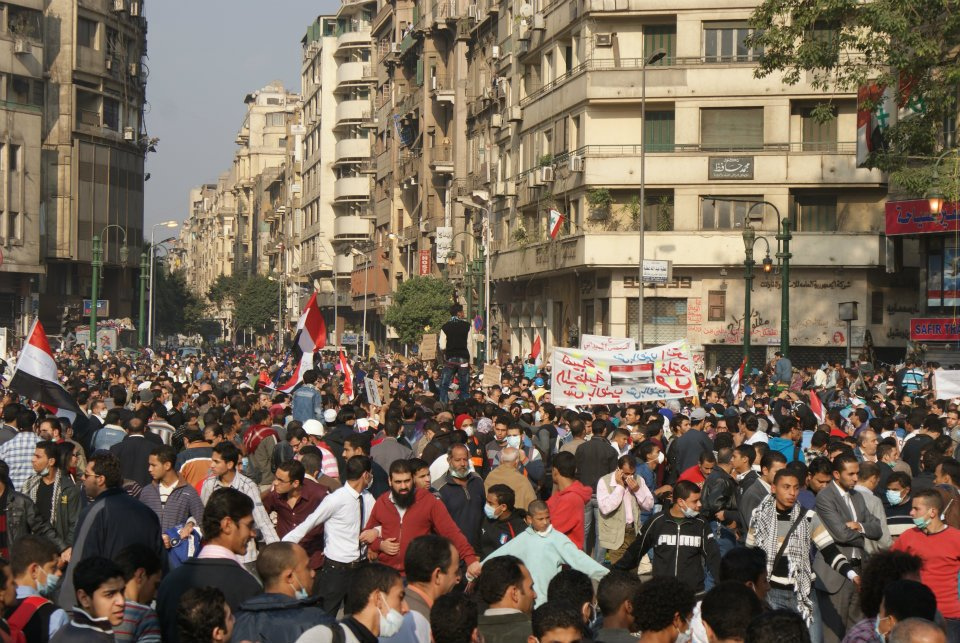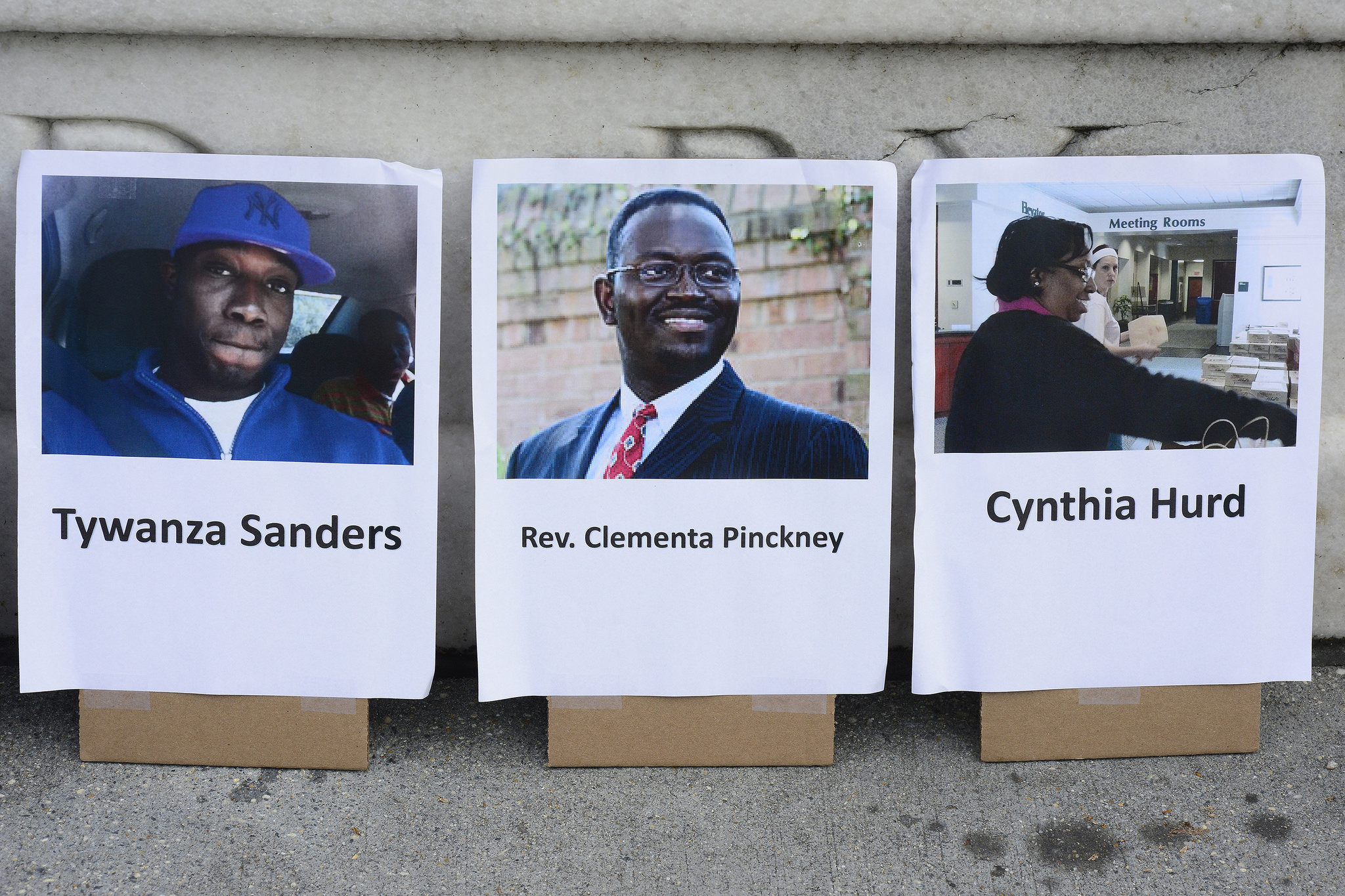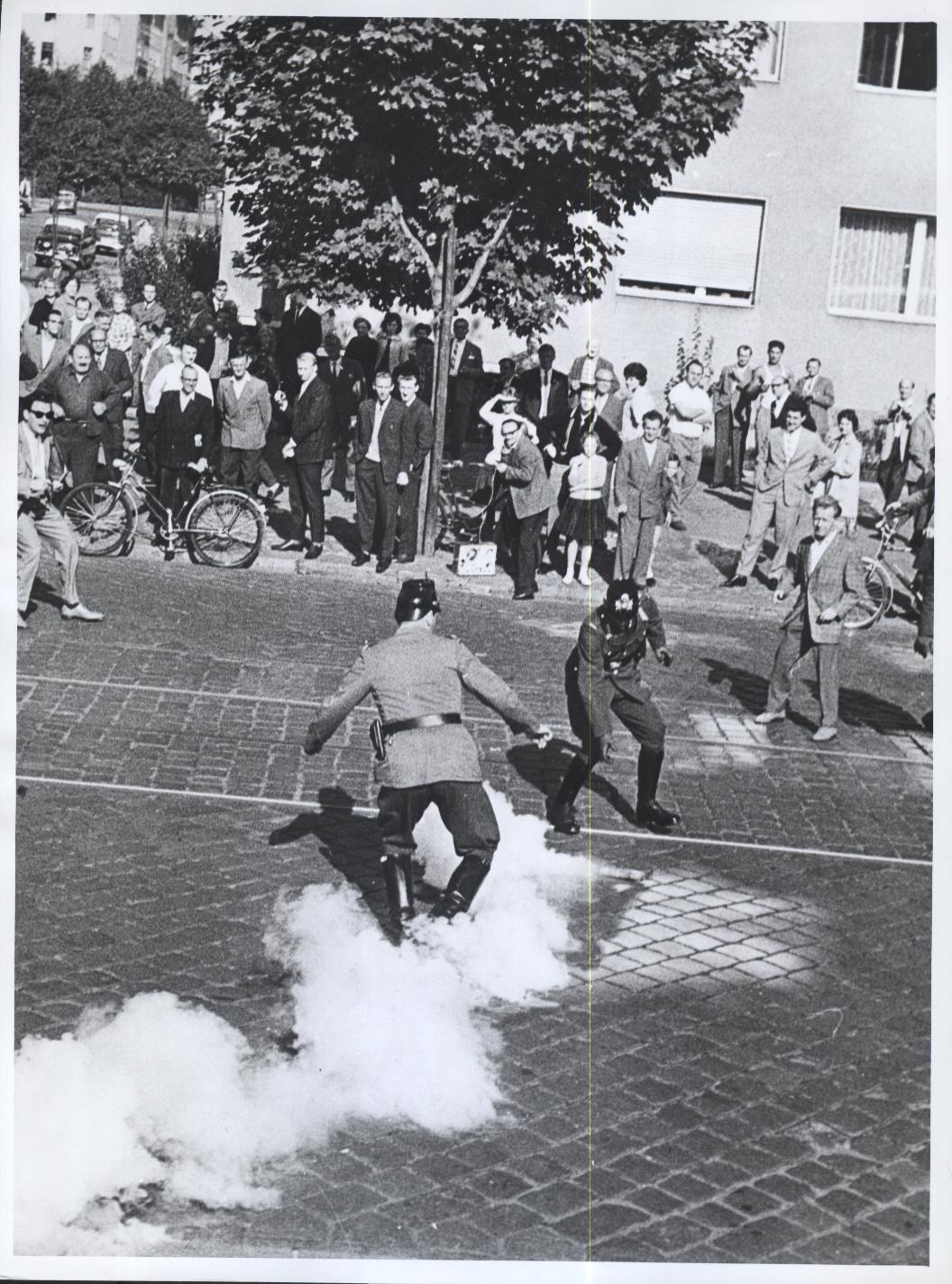By Erica Chenoweth.
Yes, it’s that time of year again where we begin to see “best-of-2018” lists popping up in our newsfeeds. As our readers know, here at PVGlance, we like to draw attention to the ways in which research on political violence and its alternatives relates to contemporary policy problems. This listicle focuses on 10 political violence-related books from 2018 that exemplify scholarship that makes explicit the bridge to practice. It’s not meant to be exclusive or exhaustive, so please add your picks and recommendations in the comments section!
- Wars of Law: Unintended Consequences in the Regulation of Armed Conflict. A must-read from 2018 is Tanisha Fazal’s landmark book on the ways in which international humanitarian laws have shaped the strategies of armed groups before and during wartime. In forwarding a comprehensive framework about the ways belligerents adjust their behavior in the onset, conduct, and conclusions of war, she answers as diverse questions as why declarations of war have declined, why secessionists try to abide by IHL, while characterizing a widening gap between the ways that IHL affects the behavior of states and rebel groups.
- The Commander’s Dilemma: Violence and Restraint in Wartime. Amelia Hoover Green’s excellent new book focuses on a rarely-studied topic—why government forces exercise restraint in the use of repression during civil war. She assembles an impressive amount of data to support her argument that political education, moral training, and enforcement have a restraining effect on repression during the civil war in El Salvador. Throughout the book, Hoover Green engages in thought-provoking ethical and personal reflections while presenting a coherent intellectual argument supported by data. Moreover, the book provides a model bibliography for anyone interested in learning how to effectively creative inclusive reference lists. It’s clear that Hoover Green takes such issues incredibly seriously and is incredibly intentional about getting the empirical (and intellectual) record right.
- Stopping the Bomb: The Sources and Effectiveness of US Nonproliferation Policy. Don’t miss this tour-de-force by Nicholas L. Miller, who develops a compelling explanation for how and why the United States has effectively prevented the proliferation of nuclear weapons in the past. This tome is the perfect book for our time, where the fate of the Iran Deal is uncertain.
- Evidence for Hope: Making Human Rights Work in the 21st Century. Kathryn Sikkink’s book, now in paperback, is a masterful treatment of the stunning record of human rights norms and institutions during the 21st Century so far. In it, Sikkink puts on a clinic in how to effectively synthesize a massive volume of qualitative and quantitative data to get to the big picture on human rights progress. Moreover, she provides a much-needed dose of hope about the power of norms, laws, and institutions to change bad behavior over the long term: in short, she says these things are working.
- Secret Wars: Covert Conflict in International Politics. This is a really cool book. Austin Carson looks at why countries interfere in foreign wars covertly—and why their enemies help them keep the secret. It argues that states view secret interventions as important ways to influence the outcomes of wars without risk of greater escalation, especially given the perils of industrialized conflict and nuclear war. This is one of those books that will make you think and will also help foreign policy practitioners develop more informed assessments of rivals’ intentions in choosing covert action.
- We Crossed a Bridge and It Trembled: Voices from Syria. Wendy Pearlman’s chronicle of humanity under siege in Syria also appeared in paperback this year. Based on hundreds of interviews with displaced Syrians during the war, in elevating their voices, Pearlman meticulously captures the full range of human experiences amidst the horrors of the war. You won’t get too far into this book before you realize that you’re reading the work of one of our generation’s greatest empaths, who is (very fortunately for the field) also a political scientist.
- Global Governance and Local Peace: Accountability and Performance in International Peacebuilding. Susanna P. Campbell’s first monograph is a winner. She argues that peacebuilding efforts are the most successful when they allow for discretion and entrepreneurial action by local peacebuilders, rather than relying on top-down peacebuilding interventions. This book, which is well-researched and methodically-written, has clear on-the-ground applications that are sure to get immediate uptake by global peacebuilding institutions.
- The Hell of Good Intentions: America’s Foreign Policy Elite and the Decline of U.S. Primacy. Stephen M. Walt delivers his latest take on why the United States has essentially squandered its primacy. Walt delivers a persuasive account of the fact that the foreign policy establishment’s failures are largely due to ideological commitments about the wisdom of spreading liberal democracy at the barrel of a gun since the end of the Cold War. He puts the blame for the ascendancy of “America First” foreign policy on the missteps of the foreign policy establishment (or “blob”) which continually support ill-advised, naïve, and hubristic efforts to make foreign countries more like the US. You may not agree with his conclusions, but Walt is singular in his ability to offer a clear-eyed, theoretically rigorous, and accessible argument about why US foreign policy always seems to come up short. It’s a must-read from this year.
- The Emotions of Protest. This book, by sociologist James M. Jasper, is a fascinating account of the ways in which human emotions influence protest dynamics. Along the way, we learn about various social and cognitive psychological theories of human behavior, including the emotions that bring about nonviolent or violent responses. With examples ranging from Tahrir Square to the Women’s March to Black Lives Matter, this book is an easy, accessible, wonky, humane read on the ways in which different types of emotional states make people protest or stay home. An essential read for our time.
- The Peace Continuum: What It Is and How to Study It. I confess this book is in my to-read stack, but I’m excited to read it over the break. Its authors, Christian Davenport, Eric Melander, and Patrick Regan, are giants in the field who have collectively spent decades thinking about how to conceptualize and measure peace. The book unpacks the “0” in the war(1)/not war(0) dichotomy and recommends new conceptual and empirical syntheses of peace. As engaged scholarship goes, the authors recognize the ways in which a narrow focus on peace as the absence of war has done a disservice to evidence-based peacebuilding policies.








1 comment